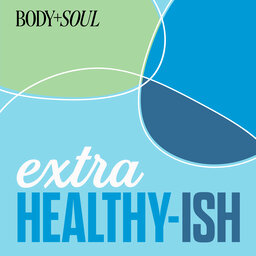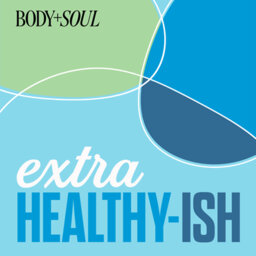Summer series: Emily Skye on what it’s really like having ADHD
To kickstart the new year, we’re dropping the top episodes of 2024. Fitness mogul and PT Emily Skye opened up about what it’s really like having adult ADHD, from feeling like an outcast and struggling with her mental health for decades, to finally receiving her ADHD diagnosis.
WANT MORE FROM EMILY?
You can catch her @emilyskye or via her site here. Listen to Emily’s last Healthy-ish chat, where she gets brutally honest about her body, here, or read her B+S story here. If you have any questions surrounding ADHD, see the ADHD Foundation here.
WANT MORE BODY + SOUL?
Online: Head to bodyandsoul.com.au for your daily digital dose of health and wellness.
On social: Via Instagram at @bodyandsoul_au or Facebook or TikTok here, or DM host Felicity Harley @felicityharley.
In 1 playlist(s)
Extra Healthy-ish
Extra Healthy-ish is the big sister podcast to Healthy-ish. Here you'll get extra bits from your fav…Social links
Follow podcast
Recent clips

Summer series: Athlete Bonnie Hancock was to pushed her limits, her grit is inspiring
17:51

Summer series: Lorna Jane's life lessons are utterly inspiring
19:19

Summer series: In the jungle, naked for 21 days - Alexa Towersey’s mental strength is inspiring
19:33
 Extra Healthy-ish
Extra Healthy-ish